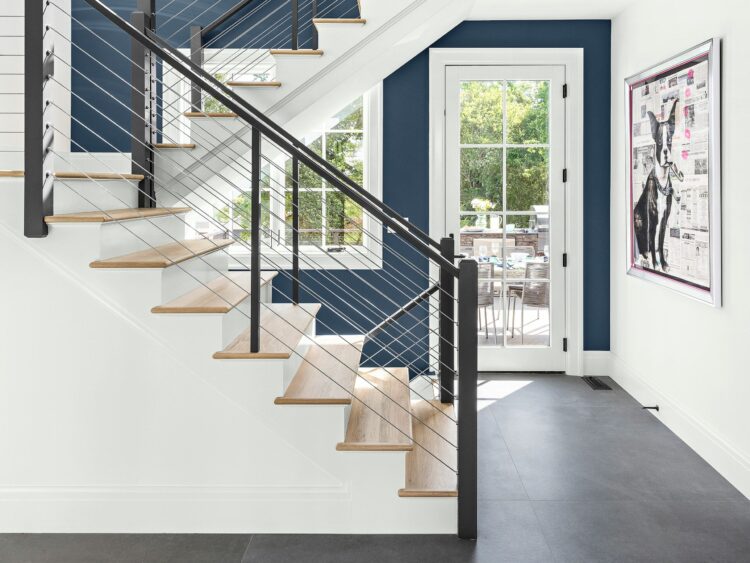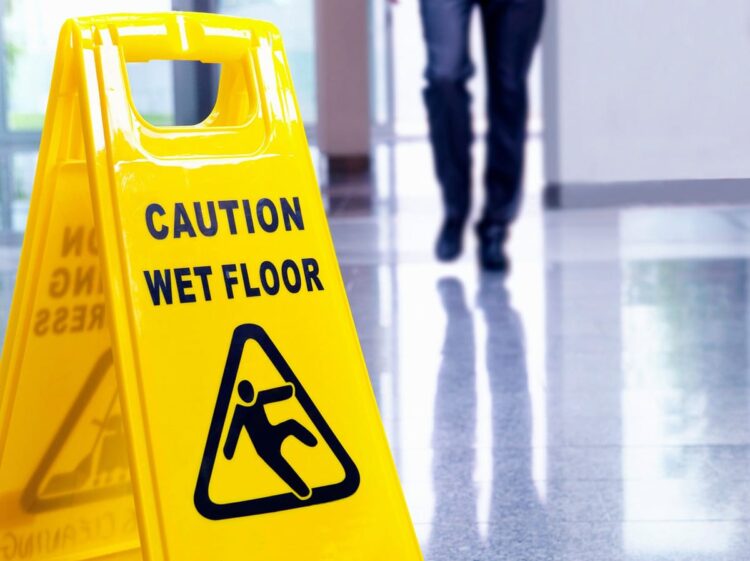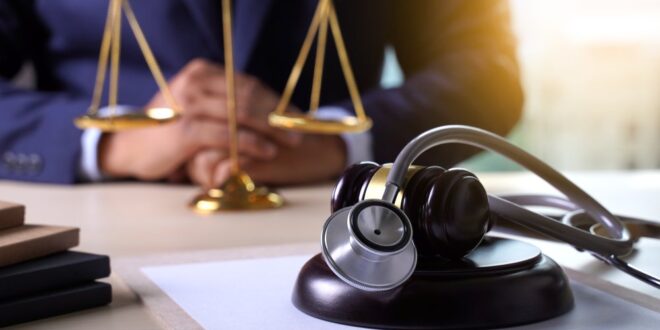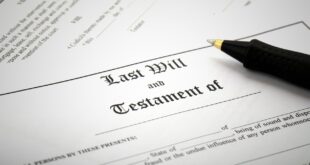If you’re at all familiar with premises liability, then you’ve likely heard about it in terms of commercial properties, where the city fails to properly de-ice the subway stairs or businesses fail to properly label hazards such as wet floors or steep drop-off in their floors and someone ends up falling and injuring themselves.
The thing is, the simple fact that you’re not the owner of a business or commercial property does not keep you safe from being the target of a premises liability lawsuit. There are plenty of factors that can put homeowners at the center of one of these lawsuits.
And, if whoever is suing you does their research and finds a skilled premises liability lawyer like the Injury Lawyer Team, you could end up having to pay them a lot of money. This is why it’s so important to take preventative measures against hazards in your home.
Cutting corners with costs could end up leading to much greater expenses in the future, and it isn’t worth it to risk the safety of you, your loved ones, or anyone else who steps foot on your property. So, here are some of the first things you should look at when trying to make your home a safer place.
Swimming Pools

Swimming pools are one of the most dangerous things you can have on your property as a homeowner. Because of this, there are so many rules and regulations surrounding pool maintenance that, if they’re not followed, could present the potential to bring harm to others and could lead to a lawsuit.
So, if you do decide to put a pool on your property, it’s important that you don’t neglect it and put the effort in to make it safe for anyone who steps foot on your property. Most home insurance companies will refuse to insure any pools that do not meet basic safety requirements.
For example, pools without fences around them will not be insured. This is because swimming pools on properties are considered “attractive nuisances.” This means that they have the potential to lead children to trespass on your property and could cause them to come to harm if they choose to do so. This is an incredibly prevalent issue since accidental drowning is the leading cause of death for children ages one to four.
In addition to the potential for drowning, swimming pools also pose the risk of harm through exposure to bacteria that might be living in the water. The most common health problem that could be caused by exposure to these bacteria is gastroenteritis, which could lead to symptoms like cramping, diarrhea, and vomiting. Certain bacteria found in improperly maintained swimming pools could also have the potential to cause infections of the ears, throat, or nose.
To manage the cleanliness of your pool, you’ll have to utilize sterilizing chemicals like chlorine. The use of chlorine, however, comes with its own set of problems. Too much exposure to this chemical puts children at a higher risk for developing respiratory illnesses like asthma and hay fever and has even been linked to certain skin conditions and cancers. So, if you’re worried about causing harm to others, then it might be best to just pass on a swimming pool completely.
Staircases

The most common types of accidents found at the heart of premises liability lawsuits are slips and falls. These come as a result of unmarked hazards or unsafe structures like stairs that don’t fit proper building codes.
The thing is, state and county-based building codes were not introduced until the late 1920s, but the city of Chicago was established nearly a century prior, and many homes and commercial spaces that were built before the introduction of these safety codes are still standing today. While commercial spaces are held more accountable and forced to adapt, there isn’t as strict of a crackdown on updating residential buildings until they’re in the process of being sold.
Because of this, depending on how long you’ve had your home, it might have a staircase that no longer fits current, safe building codes, and could be considered a hazard to anyone who visits your home. If you’re unsure whether or not your home is a risk for this type of premises liability case, then you should contact a contractor and have them inspect your home.
This way, they can point out any other potential safety hazards, like inadequate or improperly wired lighting, foundational issues, or even the presence of water damage, which is typically a sign that you might have mold. Being proactive about safety can protect you and anyone else who visits your property.

Building features such as appliances, light fixtures, and lifts can all become harmful if not properly maintained. The property management may be held accountable if a lift or appliance fails to owe to a lack of maintenance and injures a guest.
Accidents involving slips and falls can occur anywhere. Restaurants, businesses, and other public locations are supposed to keep their customers and visitors safe, although this law isn’t always enforced. Inattention and careless property management might have serious implications and cause injury to guests. If you were injured in a slip-and-fall accident because of dangerous conditions, you may be entitled to monetary compensation.
If you are hurt while on someone else’s property, Illinois premises liability laws give you legal alternatives to hold negligent parties accountable and recover financial compensation for your injuries. A personal injury attorney can help you seek reimbursement for medical costs, lost income, pain, and suffering, and out-of-pocket expenditures if you were hurt in a slip and fall accident or as a consequence of poor maintenance, inadequate security, or other unsafe property circumstances.
When picking a lawyer, be sure they have a track record of success in comparable instances. You want to know that you are entrusting your case to the greatest lawyer available and that they will fight hard to ensure your success.
 Hi Boox Popular Magazine 2024
Hi Boox Popular Magazine 2024



